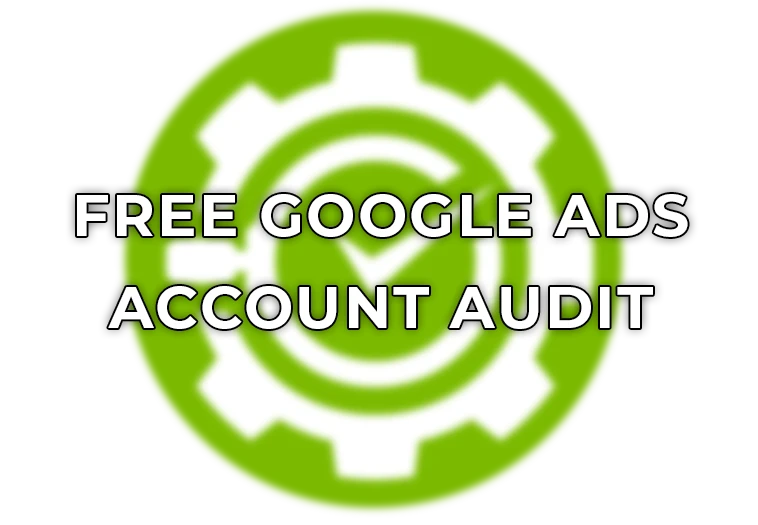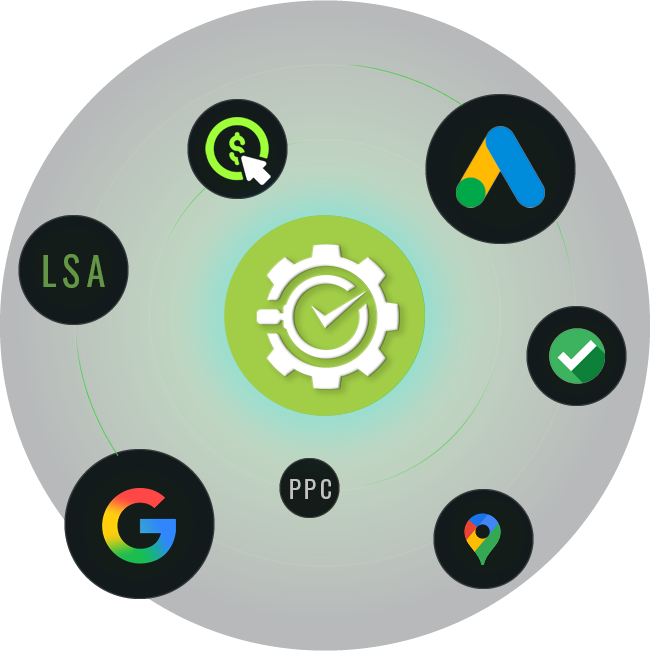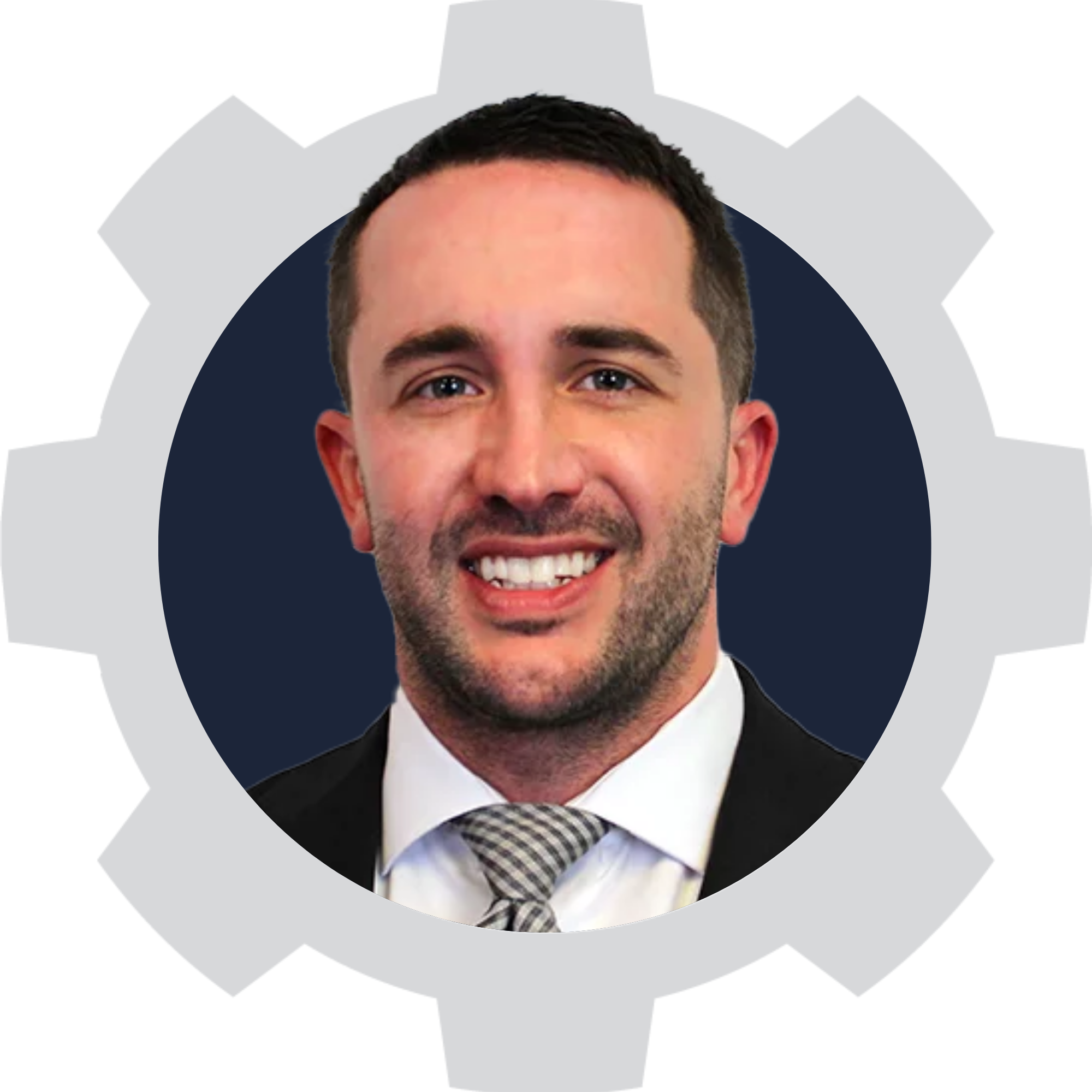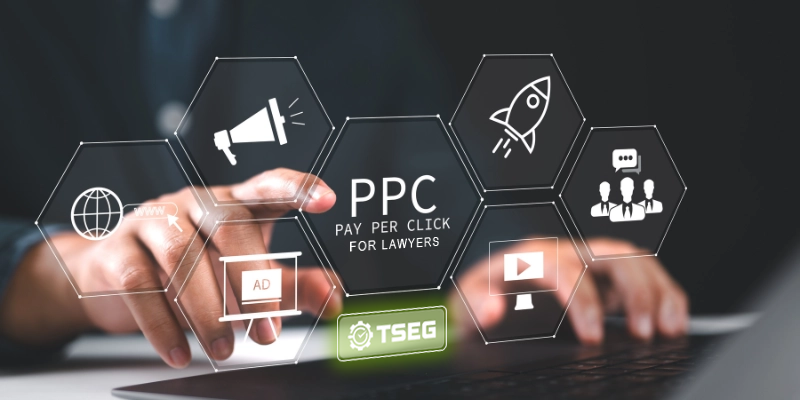The TSEG Case Tracking Cycle
Many marketing agencies focus on traffic and form fills. At TSEG, we track real business outcomes. Our reporting starts with leads but extends to signed cases. As your intake team converts leads, we use that case data to refine your campaigns.
By closely monitoring your campaign’s performance, we focus on optimizing ad performance and improving your overall marketing efforts. This ongoing optimization helps your PPC strategy evolve based on real results.
At the end of the day, it’s signed cases, not clicks or impressions, that drive your firm’s growth. We ensure your campaigns reflect this priority.
Real-Time Optimization
We review your campaign daily, not monthly. We use live data and case feedback to adjust bids and budgets to maximize your cost-per-case efficiency. This dynamic style of Google Ads management ensures your ads remain effective and cost-efficient.



















